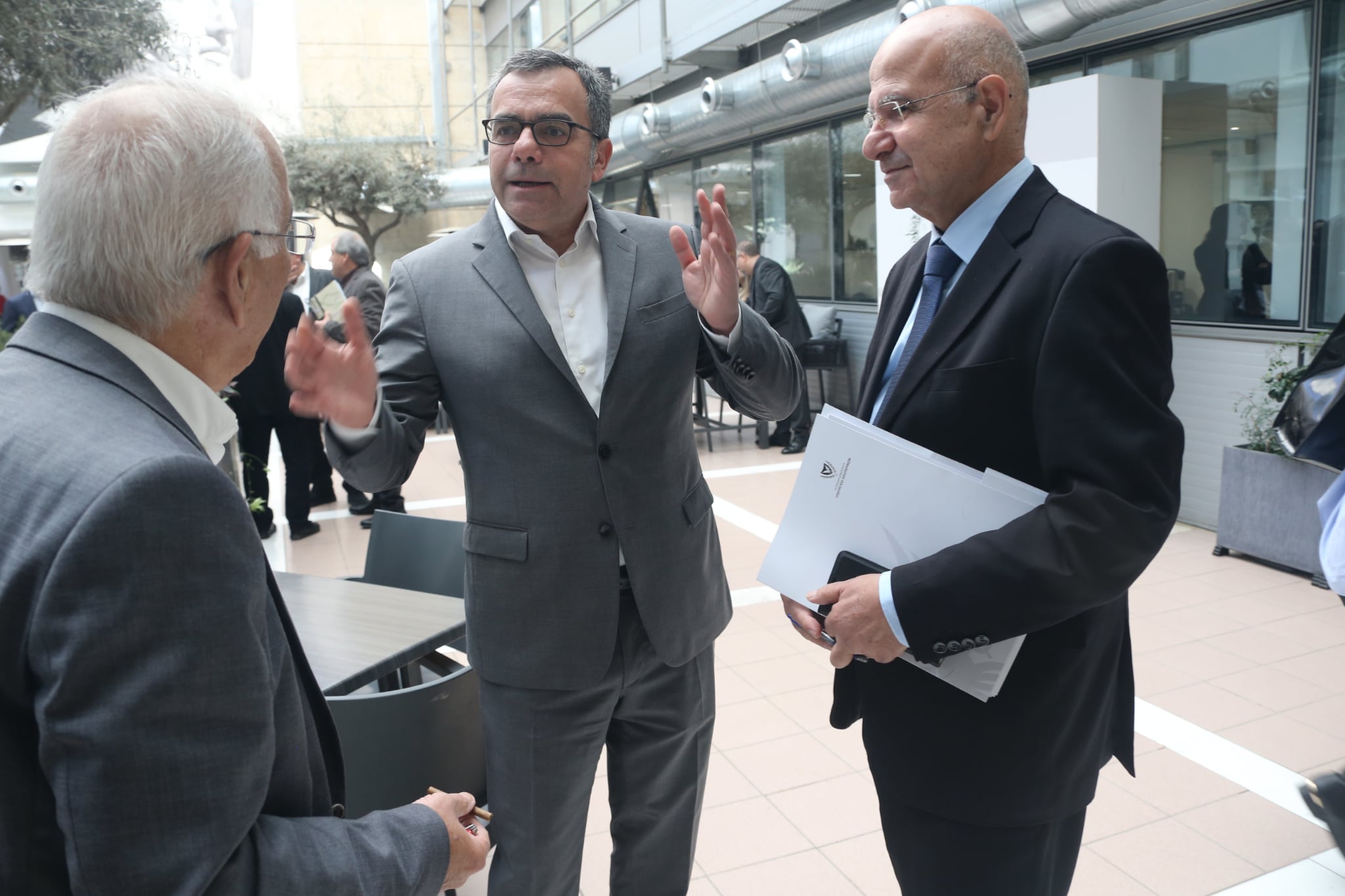At least the majority of 93 deputy mayors, who were elected some nine months ago thanks to the so-called reform of the local government, have the decency to complain about being paid to do nothing. On Wednesday they met for the second time in a fortnight to decide how they would push their demand for a legally defined role, something that was omitted in the laws that restructured local government and created several positions of deputy mayor in each municipality.
While the interior ministry and the political parties created these unnecessary paid positions at a total annual cost to the taxpayer of €2.3m, they gave no thought to what the deputy mayors would do. The government was aware of this before the elections were held and the line was that it would be at the discretion of each mayor to assign duties and responsibilities to the deputy mayors of the municipality. If the mayor wanted to keep all the decisions and responsibilities of the office, then there would be absolutely nothing for the deputy mayors to do, apart from collect a fat paycheck at the end of every month for five years.
Understandably, a significant number of these elected officials with a decorative role, are not happy with the situation. They have organised themselves into a pressure group to lobby the interior ministry and the political parties for change. “We want a clear legally defined role,” said their representative, deputy mayor of Yermasoyia, Christos Papamichael. A 15-member coordinating committee was set up and will meet on Monday to decide what stand to take on the amendment bill prepared by the interior ministry in order to address the existing dysfunctionality.
Permanent secretary at the interior ministry Elikkos Elia said the ministry was “evaluating the institution of the deputy mayors, generally, both in relation to their number per municipality and their specific duties.” A bill prepared by the ministry clearly defined the duties of the deputy mayors and distinguishes them from those of the mayors, he said. It is extremely difficult to understand how this will work. Will there be enough duties to distribute among the 14 deputy mayors of Polis Chrysochous and the seven of Akamas? Another tiny municipality – Lefkara – has seven!
Last week, the interior minister also appointed 209 mukhtars (also known as community leaders) in the existing municipalities, as the law stipulated. Nobody thought about scrapping the mukhtars – perhaps because they are not paid and the objective of the local government reform was to create as many posts (paid and unpaid) as possible for party members. This was the main concern of the reform of local government – which was why we still have 20 municipalities, 93 deputy mayors and five district local government organisations under a super-mayor/governor. The politicians in government and the parties did not set out to rationalise and streamline local government because their objective was to keep as many jobs and paid posts as possible.
Is there a solution to the deputy mayors’ problem? First, the number should be cut down from 93 to 20 – one per municipality. Second, they should not stand for election, but be councilors, chosen by the municipal council, without any role other than to replace the mayor when the latter is absent. This is the common sense solution that the parties and the government will most certainly avoid.






Click here to change your cookie preferences